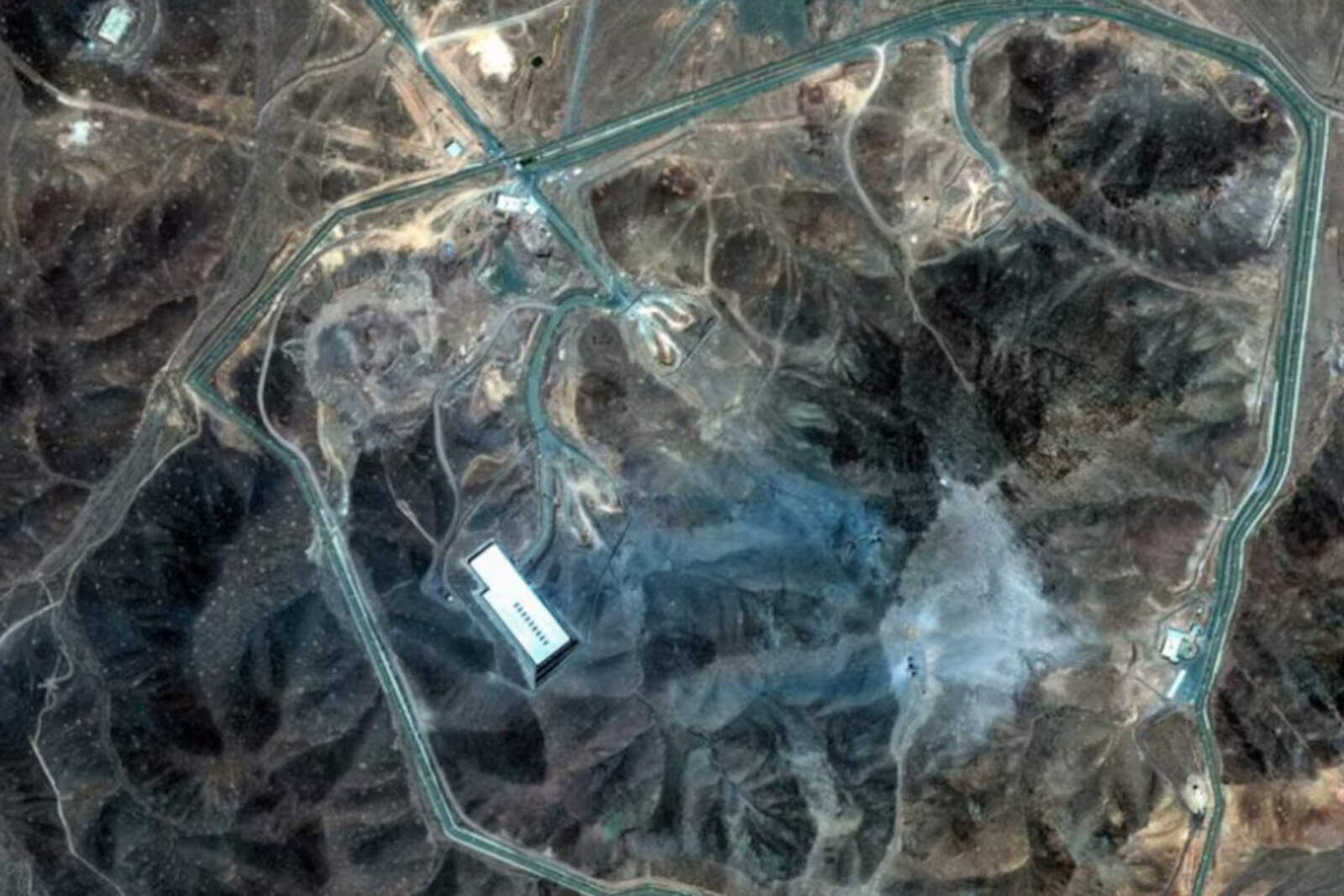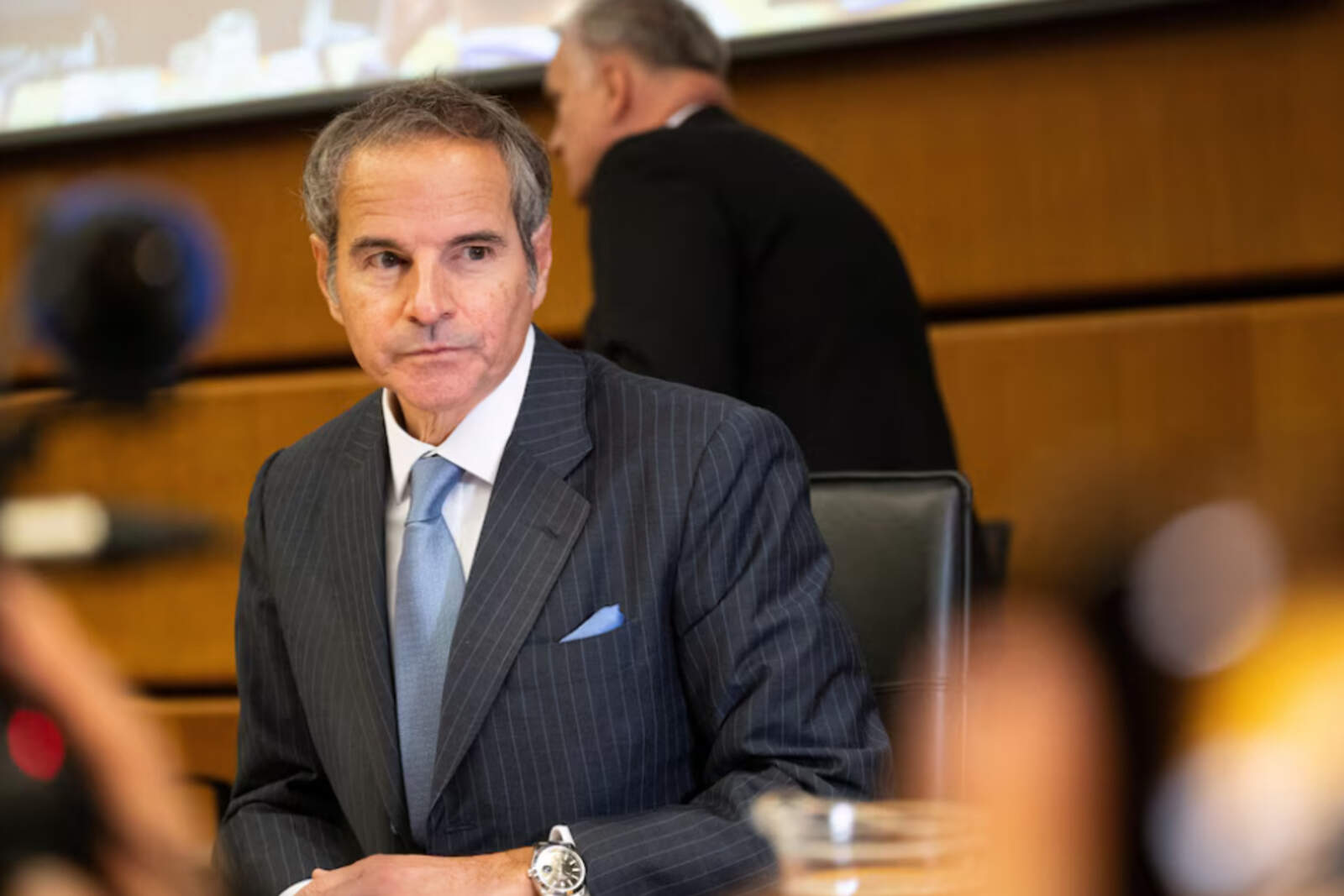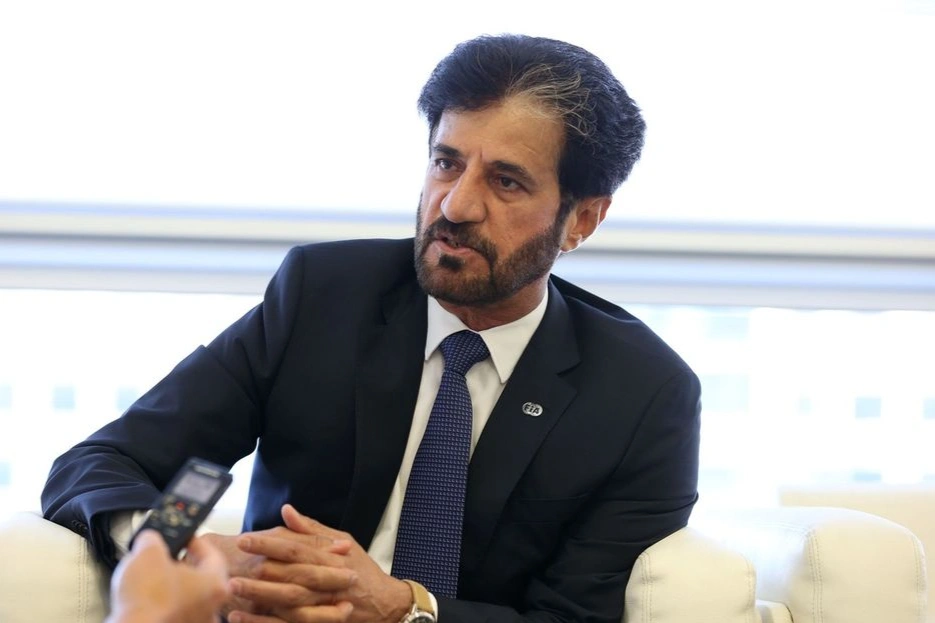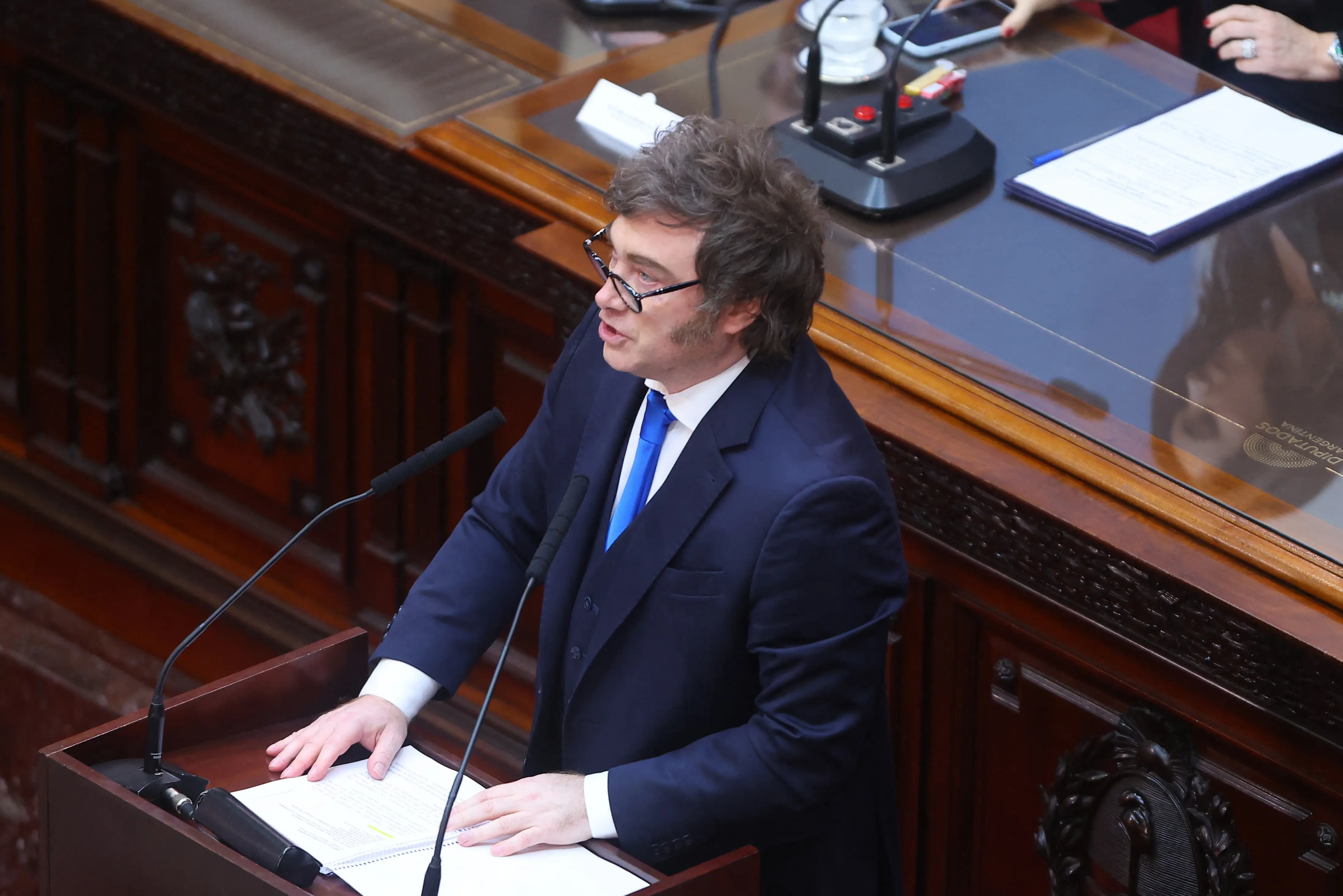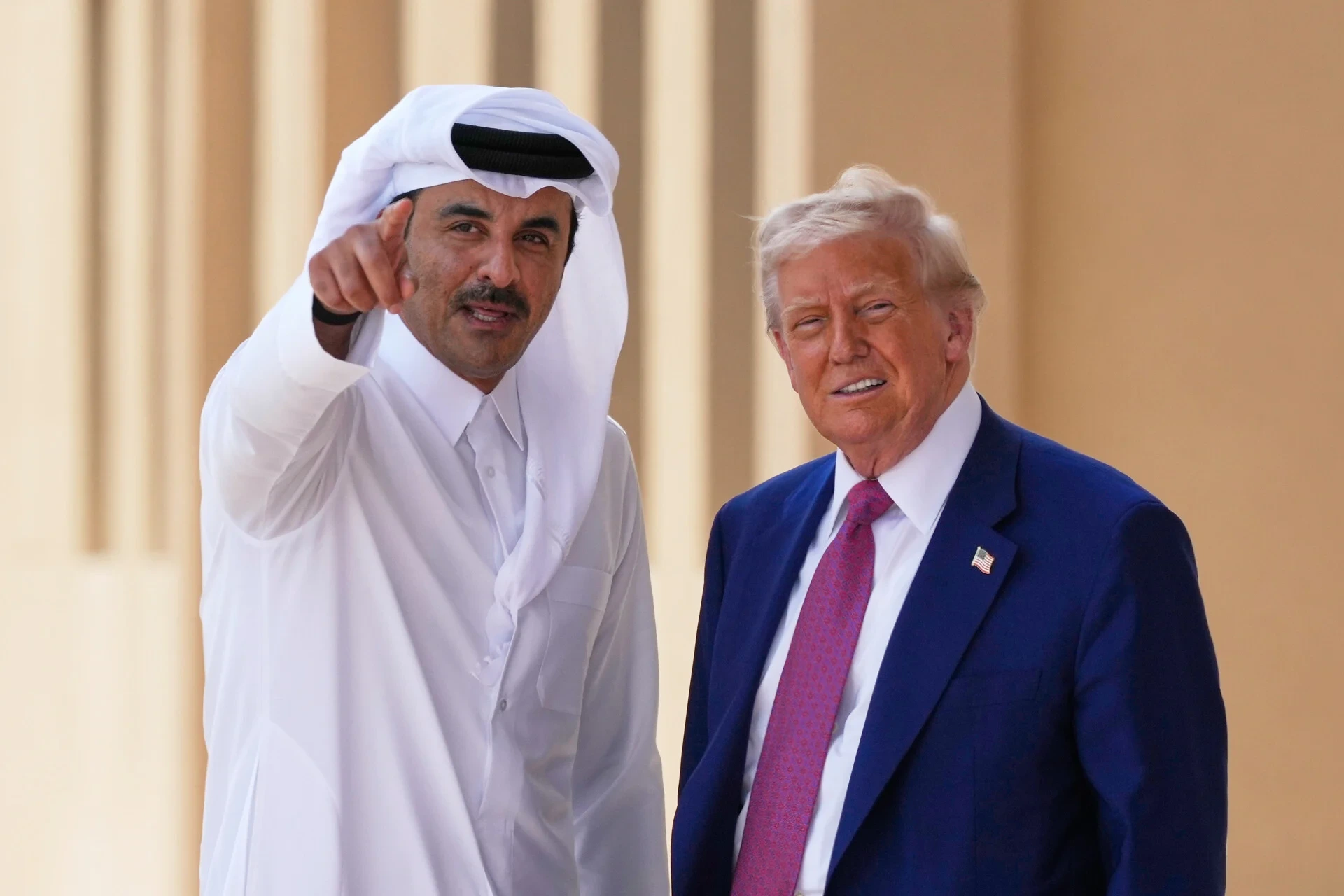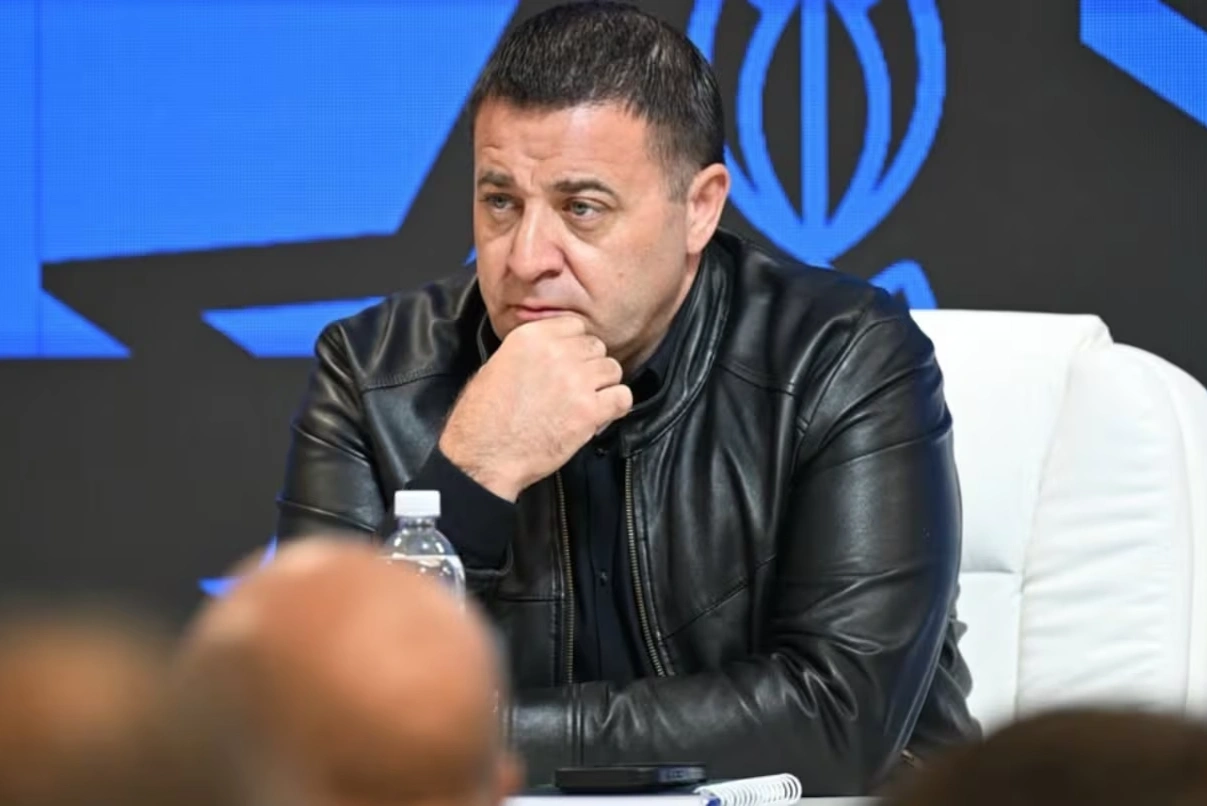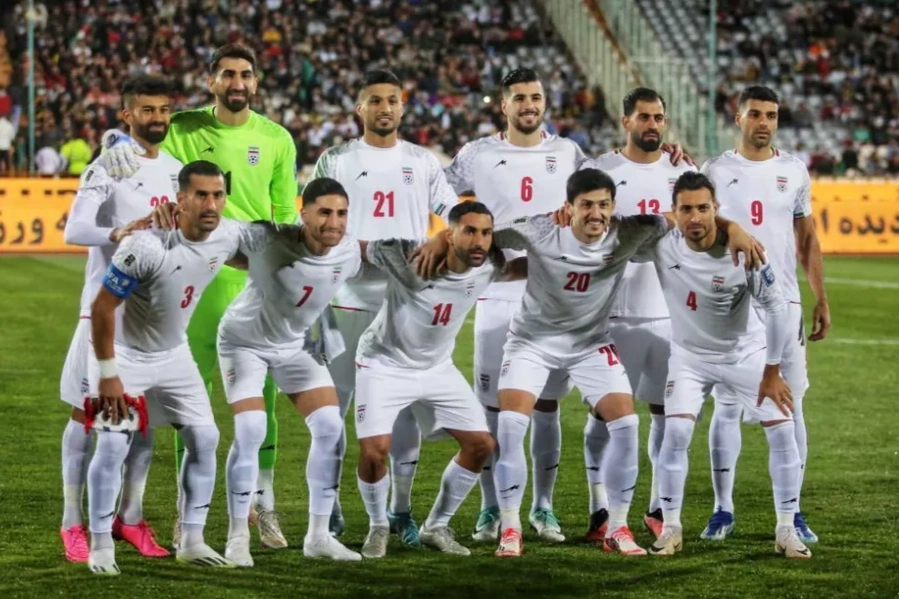The Director General of the International Atomic Energy Agency (IAEA), Rafael Grossi, expressed his concern about the lack of official information regarding the whereabouts of Iranian nuclear materials following the recent U.S. bombing of nuclear facilities in the Persian country. According to his statement, Tehran informed him that it would adopt "special measures" to safeguard such equipment and materials, although it did not notify whether these were actually relocated.
Grossi revealed to the IAEA Board of Governors that on June 13 he received a letter from Iranian Foreign Minister Abbas Araghchi, who informed him in advance that Iran would take measures to protect its nuclear infrastructure. In his response, the Argentine official recalled that any transfer must be declared to the agency, in accordance with current safeguard regulations.
Attack on Fordow: potential damage and no possible inspection
On Sunday, the United States used its most powerful bunker-buster bombs in combat for the first time, targeting Iran's underground nuclear facilities. Among them was the Fordow uranium enrichment plant, which is dug into a mountain.
During an emergency IAEA meeting, Grossi stated that, although the full impact of the explosions has not yet been assessed, it is presumed that the underground facilities may have suffered "very significant damage." The delicate nature of the centrifuges used for uranium enrichment makes them extremely vulnerable to vibrations, which increases concern about their current condition.
